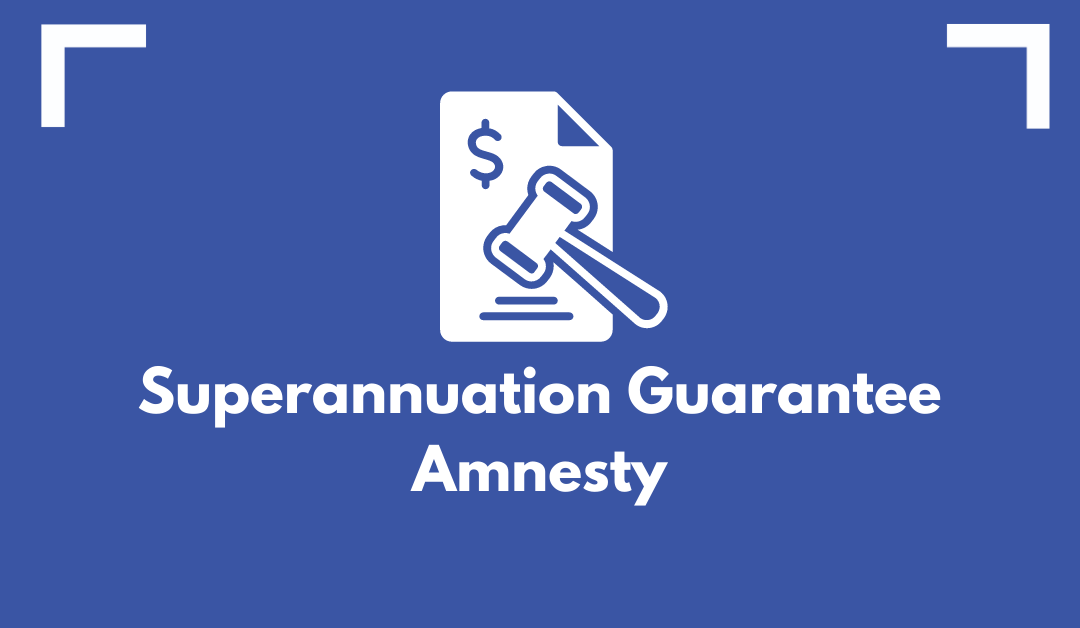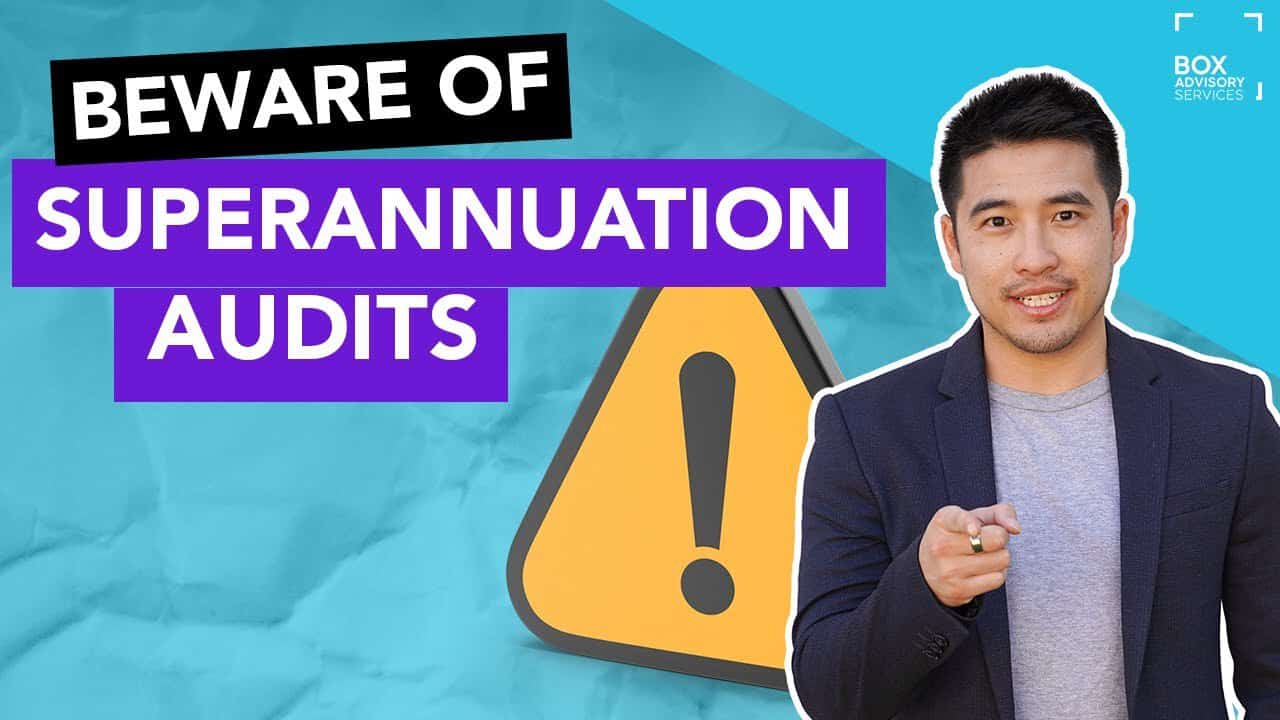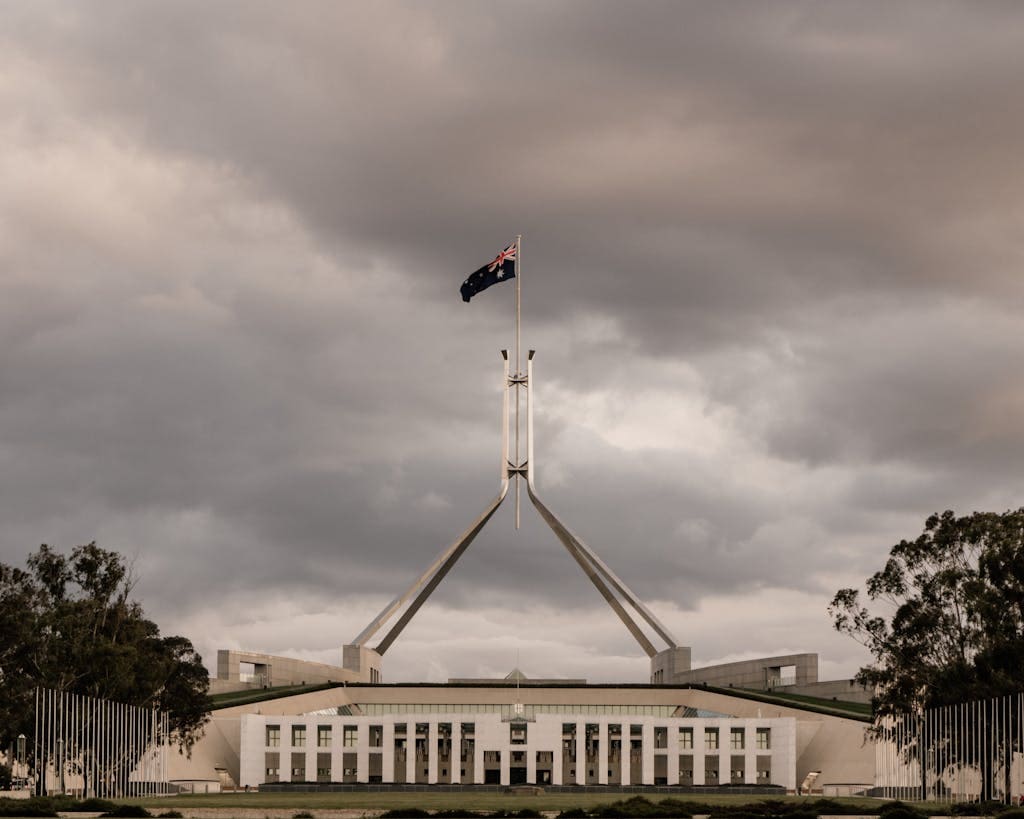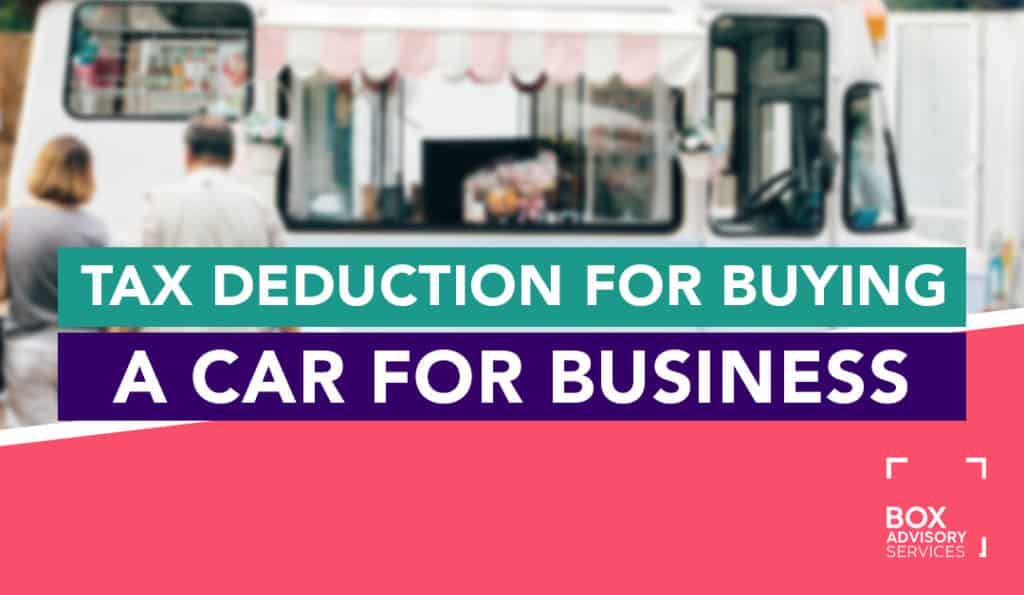
BY
|
Have You Underpaid Super? Things to Know About the Superannuation Guarantee Amnesty
The Superannuation Guarantee Amnesty has been officially passed as law on 6 March 2020.
With the introduction of Single Touch Payroll and several other increase reporting capabilities, the ATO has increased visibility in identifying any employers who have underpaid their super guarantee (SG).
This means that if you’re an employer and you suspect that you may not have been meeting your SG obligations, then you should be looking into identifying if any SG underpayments have occurred and work closely with your accountant.
What is the Superannuation Guarantee (SG) Amnesty?
The Superannuation Guarantee Amnesty is designed to offer employers an opportunity to correct any past shortfalls in SG payments without penalty.
When do I need to apply for the SG Amnesty by?
Applications must be made by 7 September 2020 to be eligible.
What period does the SG Amnesty cover?
Employers will need to disclose and pay unpaid super guarantee charge (SGC), including nominal interest, to employees starting quarters from 1 July 1992 to 31 March 2018.
Payments made after 24 May 2018 and before 7 September 2020 will also be tax-deductible.
Penalties if you’re caught and did not disclose SG payment shortfalls
If you are identified as having underpaid SG amounts for a quarter covered by the amnesty and you have not disclosed this underpayment before 7 September 2020, you will be liable to repay this amount as well as:
- Administration costs ($20 per employee per quarter)
- Part 7 penalty of up to 200% of the SGC
- Nominal interest of 10%
- General interest charge (GIC)
What criteria do I need to meet for the SG Amnesty?
To be eligible for the SG amnesty, you must meet all of the following criteria:
- Have not been informed by the ATO that they are examining or intend to examine your SG obligations for the quarters your disclosures are in relation to
- Disclose an SG shortfall that you haven’t already disclosed to the ATO for an employee
- Disclose an SG shortfall for quarter(s) beginning from 1 July 1002 to 31 March 2018
- Lodge the SG Amnesty form with the ATO no later than 7 September 2020
Benefits of the SG Amnesty
If you’re found to qualify for the amnesty, you must still repay the SG shortfall. However, you:
- Will be able to claim a tax deduction for SGC contributions paid to the ATO for up until 7 September 2020
- Won’t be required to pay the administration cost of $20 per employee per quarter
- Won’t need to pay a Part 7 penalty
What if I’ve previously disclosed unpaid SG to the ATO prior to 6 March 2020?
If you’ve previously disclosed unpaid SG prior to the enactment of the SG amnesty, you don’t need to apply for the SG amnesty form again.
If the ATO has reviewed your disclosure and you’re still eligible, the amnesty law will be applied to your disclosure.
COVID-19 Effects on the SG Amnesty
The ATO has indicated that there’s a mutual understanding that circumstances may cause financial distress if you have a liability. However, you will still be required to apply by 7 September 2020, regardless of whether you can pay the shortfall immediately.
However, a payment plan may be established with the ATO but if your payments are made after 7 September, they will no longer be tax-deductible.
In the case that you’re unlikely to meet the payment requirements, you could be disqualified from the amnesty and have the amnesty benefits revoked. However, the ATO has indicated that this only applies to unpaid quarter and consideration may be taken on the extent that the Part 7 penalty is enforced.
How to Apply for the SG Amnesty
To apply, visit the ATO website
Sign up to our monthly newsletter where we share exclusive small business and contractor advice!
Disclaimer:
Please note that every effort has been made to ensure that the information provided in this guide is accurate. You should note, however, that the information is intended as a guide only, providing an overview of general information available to contractors and small businesses. This guide is not intended to be an exhaustive source of information and should not be seen to constitute legal or tax advice. You should, where necessary, seek a second professional opinion for any legal or tax issues raised in your business affairs.




